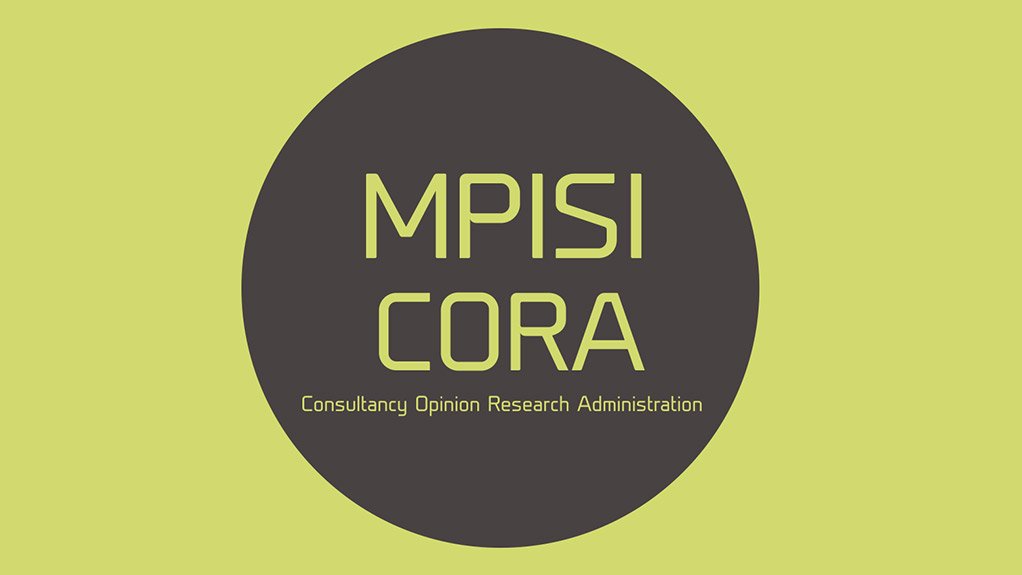Have you ever seen signs in a parking bay written “Disabled People Only”? Have you heard a person say “I’m not disabled, but I am a person with a disability”? These phrases clearly give rise to a terminological clash, but on a closer look it will be clear that this clash is not only terminological, but also jurisprudential.
Perhaps in order to put things in perspective, one must think about the Convention on the Rights of Persons with Disabilities (CRPD), a United Nations Convention ratified by South Africa in 2007.
The CRPD seeks to, among other things, “promote and protect the rights and dignity of persons with disabilities”. Notably, the CRPD in Article 2 provides a list of definitions, for instance what it means to “discrimination on the basis of disability”, but the CRPD does not define what a disability or person with disability is. This may seem strange, because why would a treaty be drafted and not explicitly define the group of persons, who by the way form the subject of the treaty, it seeks to protect? One would have imagined that under the CRPD definitions, there will be a portion which that states that “Person with Disability shall mean a person who has an impairment, which may be mental, visual, sensory …”, or wording to that effect.
I would imagine that the crafters of the CRPD deliberately chose not to do this because in the preamble, the CRPD states that:
“disability is an evolving concept and that disability results from the interaction between persons with impairments and attitudinal and environmental barriers that hinders their full and effective participation in society on an equal basis with others”.
This is in Queen’s English, and maybe even simpler than that. This quote sets the tone of how we must wrap our minds around, not just the definition, but the ideological concept of disability.
The very fact that there is a change of tone from saying “disabled person” to “person with disability” points to the evolving nature of the concept of disability. It does not end there – the CRPD recognises that disability “results from” interactions. Put simply, you see a person on a wheelchair as ‘disabled’ because, firstly you are probably not on one, and secondly because not everybody is using one. If everyone used a wheelchair, it would seem obvious that every building must be wheelchair-friendly. It is this “us” and “them” or “me” and “you”, viewed from a comparative angle that brings about disability. Put differently, disability is not a medical phenomenon, but rather a social one. This is why some say there is no such a thing as a disabled person – there are just differently abled people.
The term “attitudinal and environmental barriers” shows that the concept of disability is closely related to stigma, and it is these attitudes – that because a person can, for instance not hear, is seen less of a person somehow – that inhibit the enjoyment of dignity of so defined persons. It is because it is not ‘fashionable’ to be a person with disability, so much so that people may find it undesirable to befriend you; marry you; associate with you; employ you, or admit you in their school which is the issue and not the so-called ‘condition’. To a lessor or greater extent, the same way people have pilloried views about HIV/AIDS is the same way they despise persons with disabilities.
Environmental barriers refer to those barriers which inhibit a person from enjoying and partaking in life socially, economically and vocationally. The case of a person using a wheelchair for example, can mean not having ramps on building entry ports, and this is why the CRPD expects necessary and appropriate modifications and adjustments to be undertaken in order to ensure to persons with disabilities enjoy or exercise, on an equal basis with others, all human rights and fundamental freedoms, what it terms “reasonable accommodation”.
The CRPD is a milestone in the disability rights discourse, but it throws a huge challenge, not only on the government but us as citizens too. The government is enjoined to enacting domestic laws in order to give momentum to the CRPD, and to create awareness on disability. This means that disability grants are not enough. It creates a paradigm shift in relation to our understanding of disability, and shows us that what is needed is not more sophisticated wheelchairs; hearings aids or brails, but a change in our minds and attitudes – this being the best gift we can give to our human race. This is something beyond the blueprint of law, it is a matter of the heart, spirit and mind, anchored in mutual respect for one another, and this is what makes the CRPD a socio-legal dynamite.
By Thubelihle Mpisi, Managing Director of MPISI CORA, Johannesburg, Sandton.
EMAIL THIS ARTICLE SAVE THIS ARTICLE ARTICLE ENQUIRY
To subscribe email subscriptions@creamermedia.co.za or click here
To advertise email advertising@creamermedia.co.za or click here











